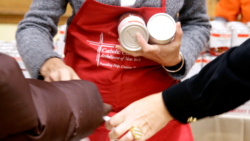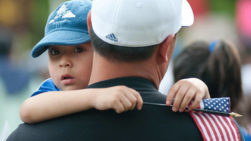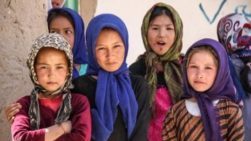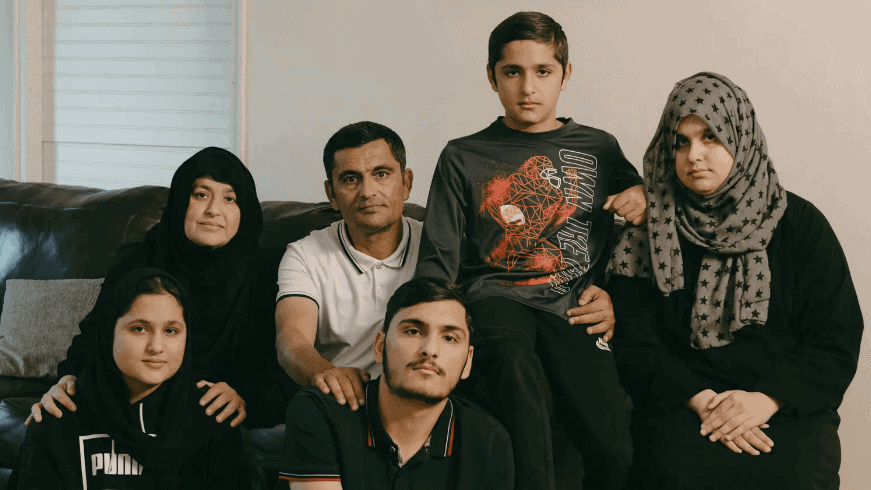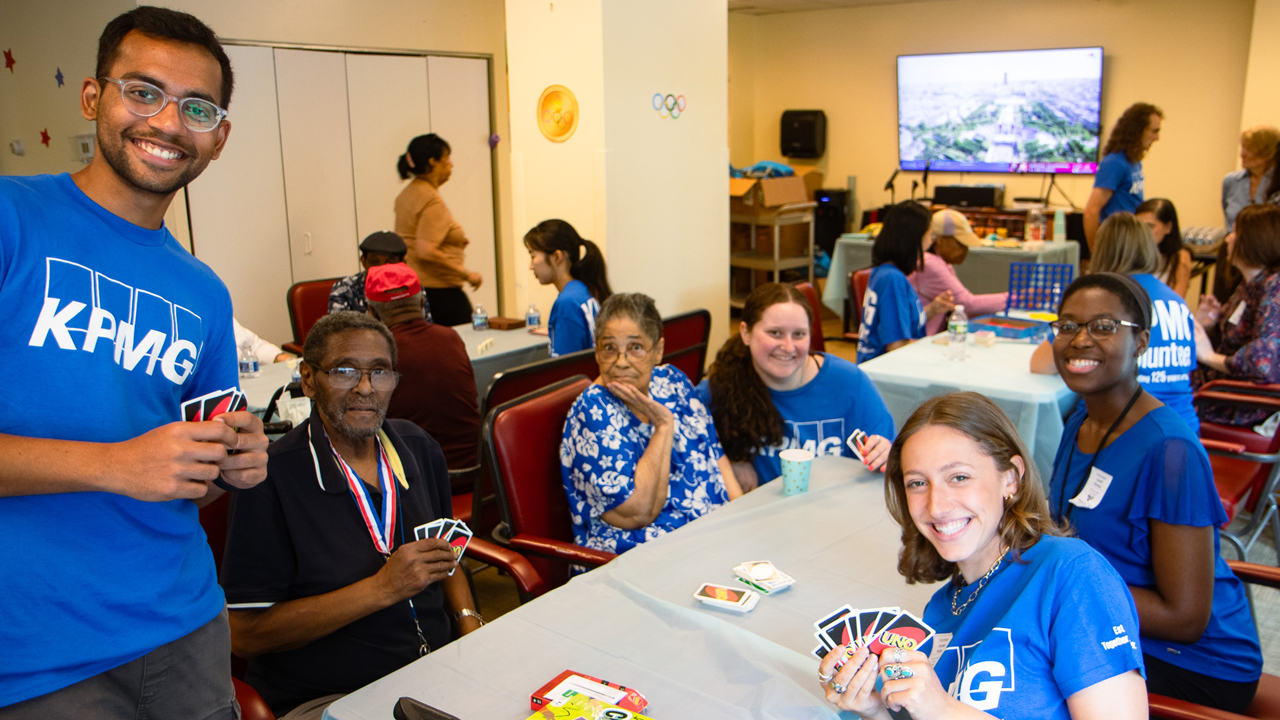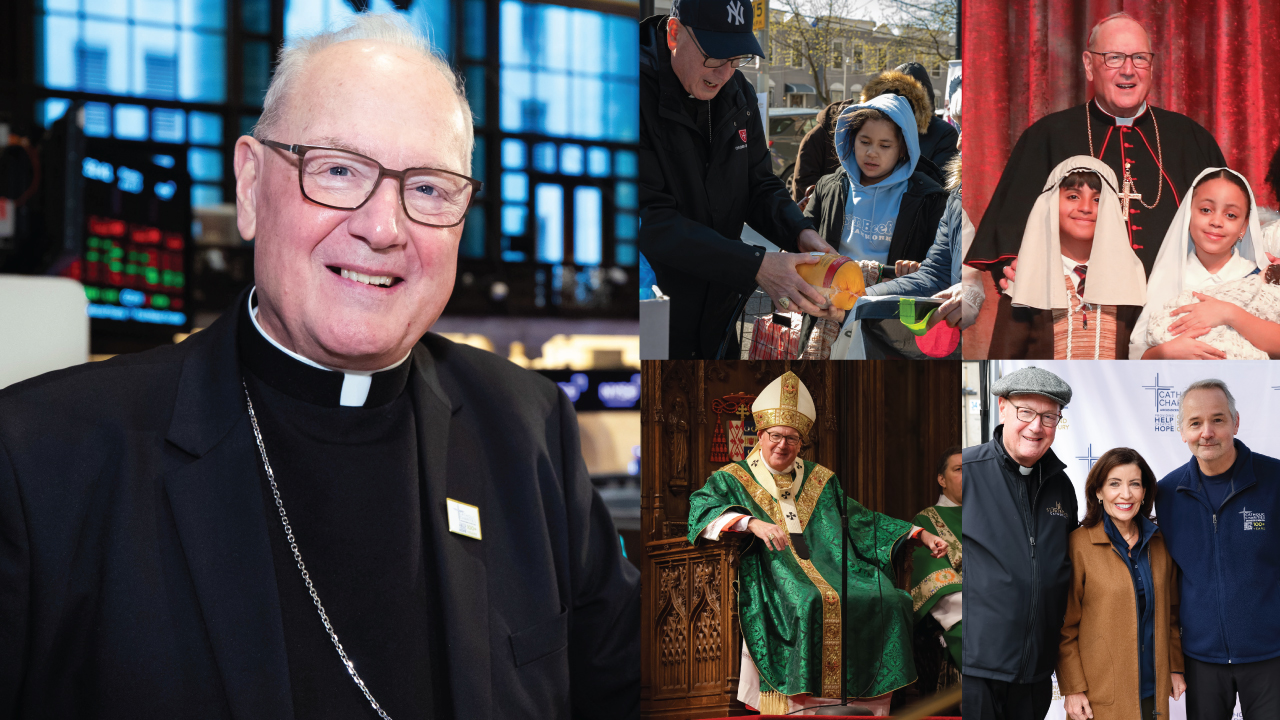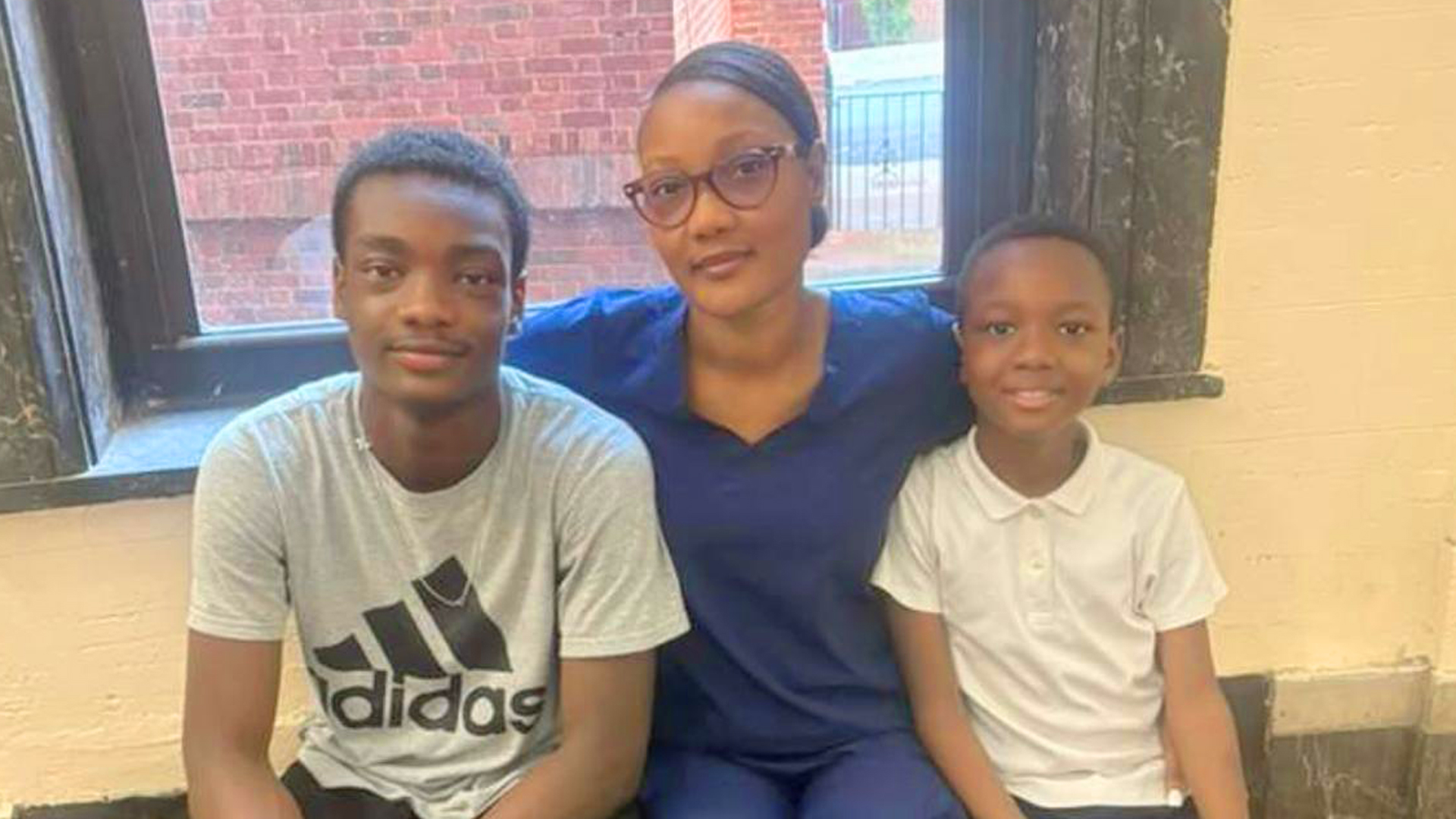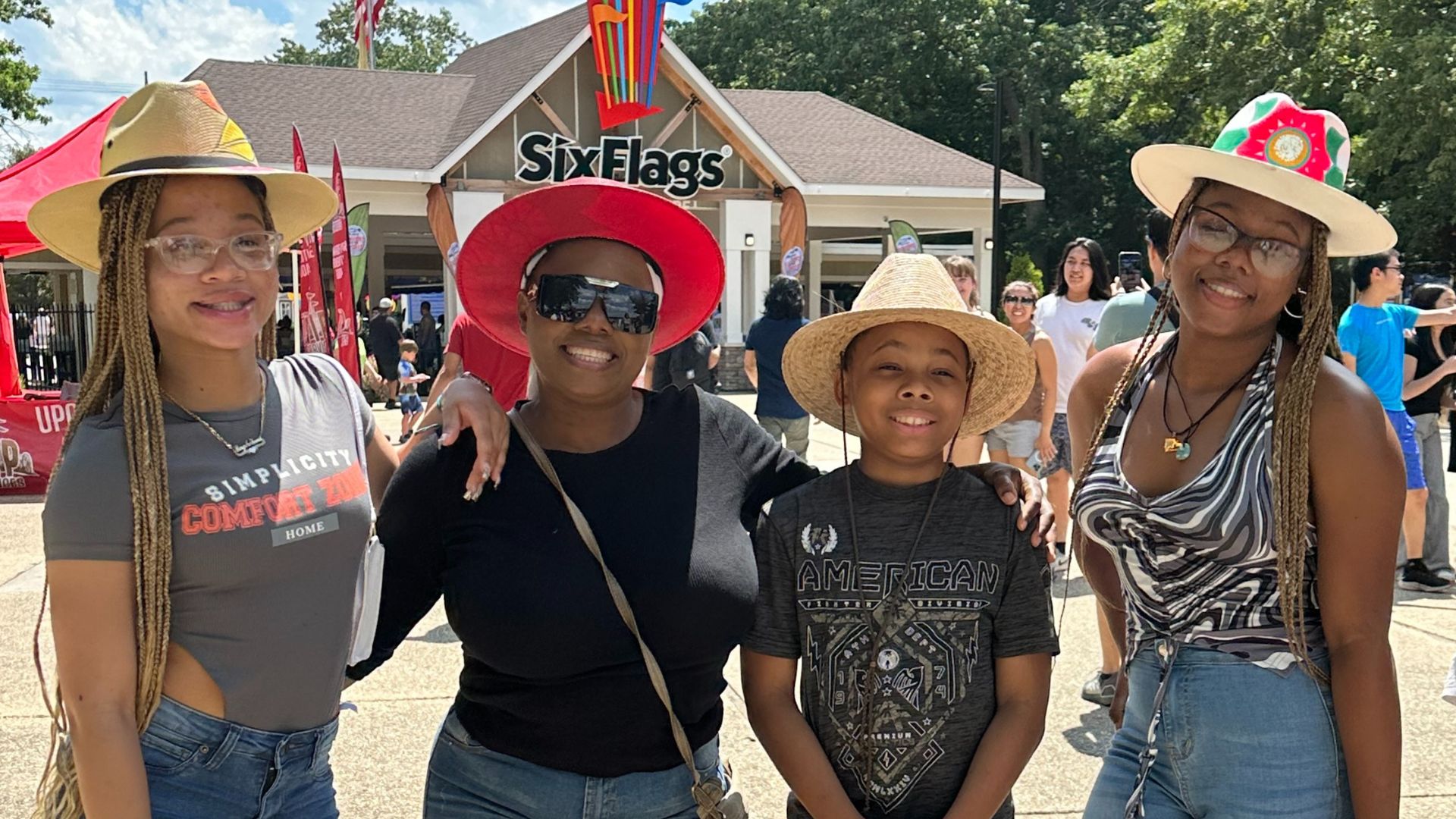In collaboration with the New York Times’ Neediest Cases Fund, we present this story of an Afghan refugee who fled the country last year.
This article is part of a series recounting the stories of people who received help from nonprofit organizations supported by The New York Times Neediest Cases Fund.
Abdul Bahar watched helplessly from the balcony of his family’s new apartment in Kabul, Afghanistan, as Taliban forces swept into the city on Aug. 15, 2021.
Just one month earlier, Mr. Bahar, 46, his wife and their four children made the 300-mile journey from their hometown, Kandahar, in the hopes of finding some semblance of safety in Kabul, the country’s capital.
A translator for U.S. forces since 2002, Mr. Bahar was fearful of the Taliban’s threats of retaliation against people who had worked with Americans. “I was scared,” he said, “for myself and for my children.”
With the Taliban seizing power in Kabul, he needed a way out. Thanks to a former colleague, Mr. Bahar and his family were able to evacuate 10 days later, among the more than 120,000 Afghans who were airlifted out of the country in the aftermath.
Tens of thousands of Afghans, many with only the clothes on their backs, have reached the United States since the Taliban reclaimed Afghanistan last year. Among the nonprofit agencies supporting them has been Catholic Charities Archdiocese of New York.
I’m so thankful for all of the Americans that supported us.
The organization, a beneficiary of The New York Times Neediest Cases Fund, was assigned cases from Catholic Charities’ national resettlement agency to help connect new arrivals with housing, employment programs, education and social services.
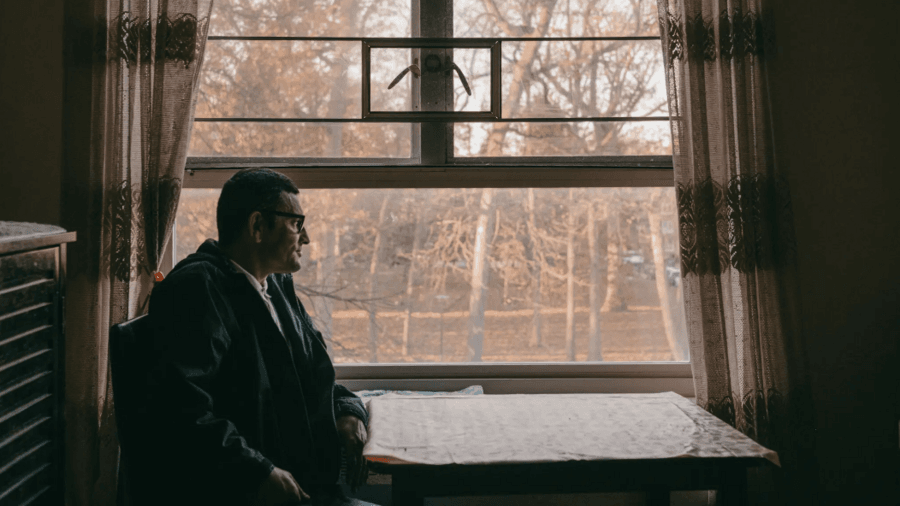
During the evacuation, Mr. Bahar and his family lost three of the five backpacks containing their belongings. They received emergency funding for clothing and household items, along with three months of rental assistance, as they settled into their new home in Queens, including $1,135 from The Neediest Cases Fund for groceries.
“It was a really big deal for me,” Mr. Bahar said. “I’m so thankful for all of the Americans that supported us.”
Today, Mr. Bahar works as a delivery driver for Amazon, and his wife is a homemaker. The three youngest children attend public school, and his eldest daughter, who was studying for her medical degree in Afghanistan, works at a medical clinic.
Read about other stories in this article on The New York Times’ website.


